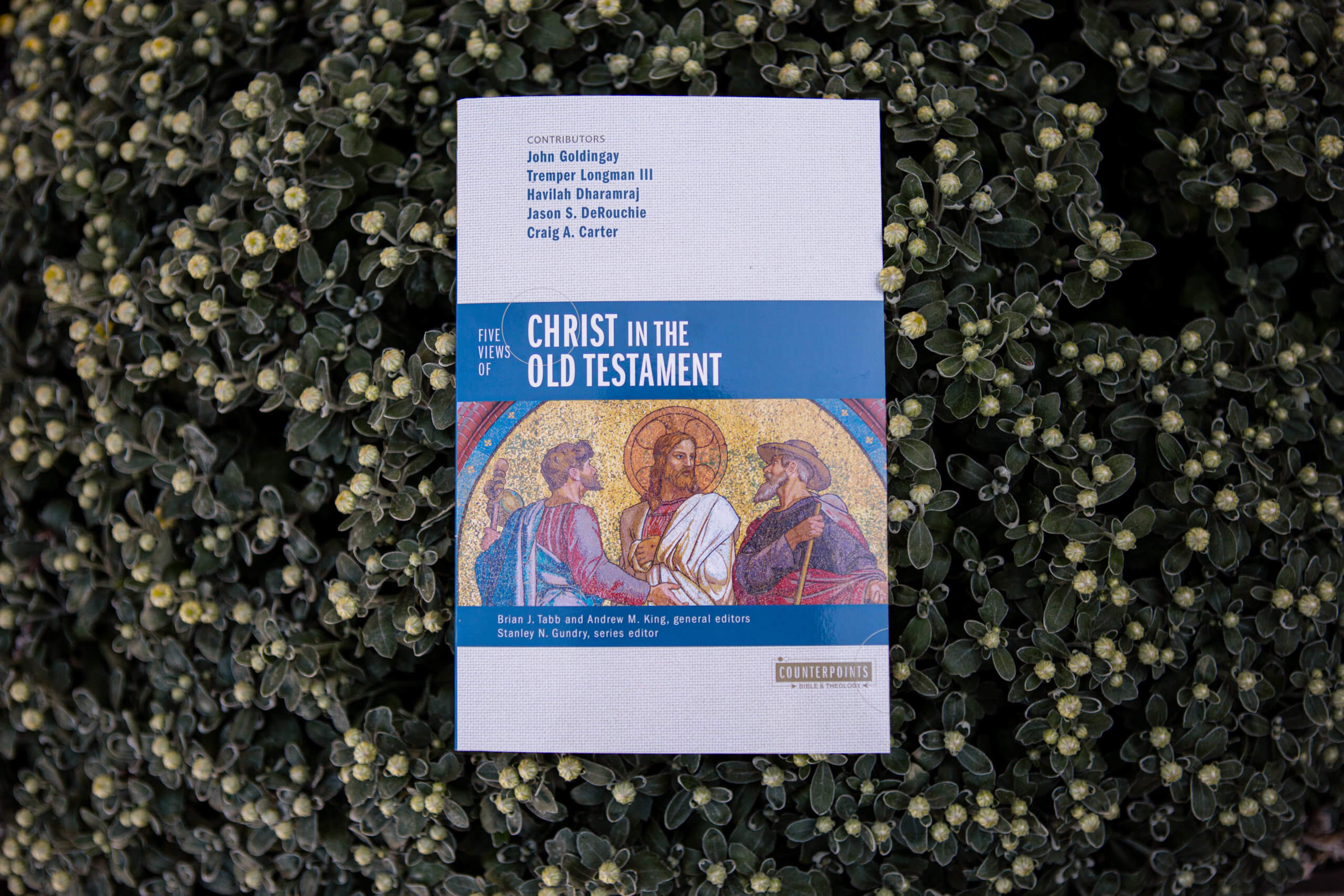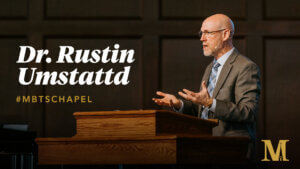KANSAS CITY, Mo – Midwestern Seminary announced on October 25th the release of Five Views of Christ in the Old Testament with Zondervan Academic. Assistant Professor of Biblical Studies and Assistant Dean of Spurgeon College Andrew M. King served as an editor for the publication and Research Professor of Old Testament and Biblical Theology Jason S. DeRouchie served as a contributor.
“The topic of Christ in the Old Testament is extremely important,” said President Jason Allen. “That is why I have been looking forward to the release of this new book Five Views of Christ in the Old Testament. I am grateful for the work of our own Dr. Andrew King and Dr. Jason DeRouchie, and it is my hope that this book will help pastors and scholars everywhere with this crucial issue.”
The book explores five different approaches on how the Old Testament points to Christ. Views and contributors include:
- The First Testament Priority View, John Goldingay
- The Christotelic View, Tremper Longman III
- The Redemptive-Historical Christocentric View, Jason S. DeRouchie
- The Reception-Centered Intertextual View, Havilah Dharamraj
- The Premodern View, Craig Carter
Speaking to the importance of the book’s topic, King said, “The question of seeing the relationship of Jesus to the Old Testament is fundamentally about how we understand the nature of Scripture and how the two Testaments of our Bible fit together. As a people of the Book, Christians desire to read their Bibles well.”
He continued, “Through seeing seasoned scholars wrestle with the biblical text with an eye towards Christ, readers can grow in their own interpretive skills. We desire to be more faithful in our interpretation so we can worship rightly and be on mission fruitfully. On the road to Emmaus, Jesus called the men he spoke with ‘foolish and slow of heart’ for failing to see how the Old Testament bore witness to him. Our hope is that this volume, in part, will help believers today avoid a similar rebuke.”
In the book, DeRouchie defends the Redemptive-Historical Christological approach to Christ in the Old Testament.
He explained, “An approach that is redemptive-historical is one that accounts for how God’s work and purposes in Scripture progress, integrate, and climax in Christ, and how all faithful biblical interpretation must account for the way Jesus’s life, death, and resurrection inform and influence everything God is doing in space and time (Luke 16:16; Gal 3:23–26).”
Furthermore, he stated, “A redemptive-historical approach requires that we consider every text in view of its close, continuing, and complete contexts within Scripture as a whole to fully discern what God meant in any passage.”
He went on to explain the emphasis on the Christological nature of his approach as well.
He said, “By Christocentric I mean that all we do and teach is in some way tied to the cross (1 Cor. 2:2). Indeed, we need to interpret Scripture through Christ and for Christ. Christian biblical interpretation reaches its end only after we have beheld Jesus’s glory and found him transforming us into his image (2 Cor 3:18).”
King and DeRouchie hope this book will be formative and fruitful in the life and ministry of pastors and leaders for the Church.
As King stated, “We have designed this book to allow each contributor to “put their cards on the table.” Every essay unpacks the presuppositions necessary for the view, the specific steps readers must take to follow the approach presented, and three case studies from different genres of Scripture. In all of this, readers can see the process of each view from start to finish. The critiques of each view from the other contributors raise important objections that readers can evaluate.”
“Our hope is that by the end of the book, readers will not simply align with a particular view, but have a robust toolkit for their own study of Scripture. We hope this book will help believers do their personal devotions more faithfully, preach and teach more boldly, and exalt our Triune God globally.”
As an encouragement to readers, DeRouchie offered several questions to consider in discerning the multiple views in this volume.
He explained, “The book’s format may suggest that any of these perspectives are viable options for Christians, but readers should not assume this from the start. The discerning reader will ask questions like:
- Is this scholar approaching Scripture as God’s unified Word (2 Tim 3:16) and allowing Scripture’s claims in both the Old and New Testaments to stand?
- Does this proposal require biblical warrant for the way it presents seeing Christ in the Old Testament?
- Does the view allow Christians to try “to convince” others “about Jesus from the Law of Moses and from the Prophets” (Acts 28:23)?
- Do the claims affirm with Jesus that “the Scriptures … bear witness about me” (John 5:39), that “Abraham rejoiced that he would see my day” (8:56), and that Moses indeed “wrote of me” (5:46)?”
Five Views of Christ in the Old Testament is now available for purchase.
To read a full interview with King and DeRouchie on the new book, visit here.


